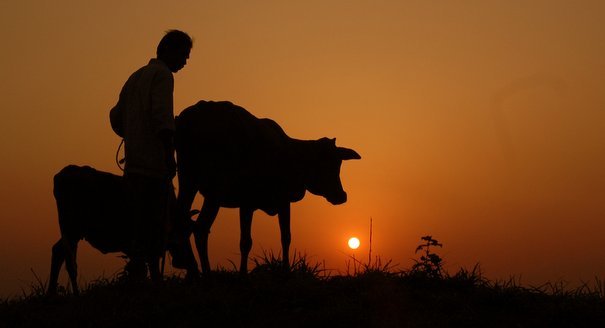Registration
You will receive an email confirming your registration.
Access to justice is a key governance concern in developed and developing countries alike. Community legal workers aim to help poor or comparatively powerless people defend themselves against land grabs, obtain public services, and challenge corruption. Can this bottom-up approach counter powerful interests seeking to entrench their control? Can legal empowerment help respond to rising authoritarianism and repression of civil society?
Carnegie and Namati hosted a discussion with three legal empowerment practitioners working in Sierra Leone, India, and elsewhere, on issues of land and environmental justice.
Speakers addressed the connection between local casework and large-scale systemic change, the role of legal empowerment in addressing the global environmental crisis, how to measure progress on access to justice, and whether the state should recognize or finance this type of grass-roots legal aid, among other topics. Carnegie’s Sarah Chayes moderated.
Sonkita Conteh
Sonkita Conteh is the director of Namati’s Sierra Leone program and a member of Sierra Leone’s General Legal Council. In 2017, he was named a Social Entrepreneur of the Year by the World Economic Forum and a Desmond Tutu leadership fellow.
Manju Menon
Manju Menon is a senior fellow at the Centre for Policy Research in New Delhi and co-director of the Namati-CPR environmental justice program in India. She was a Nehru-Fulbright fellow at Yale University.
Vivek Maru
Vivek Maru is the CEO of Namati, which works on legal empowerment around the world and convenes the Global Legal Empowerment Network. He was named a Social Entrepreneur of the Year along with Sonkita. He, Namati, and the Global Legal Empowerment Network received the Skoll Award for Social Entrepreneurship in 2016.
Sarah Chayes
Sarah Chayes is a senior fellow in Carnegie’s Democracy and Rule of Law Program, and author of Thieves of State.
